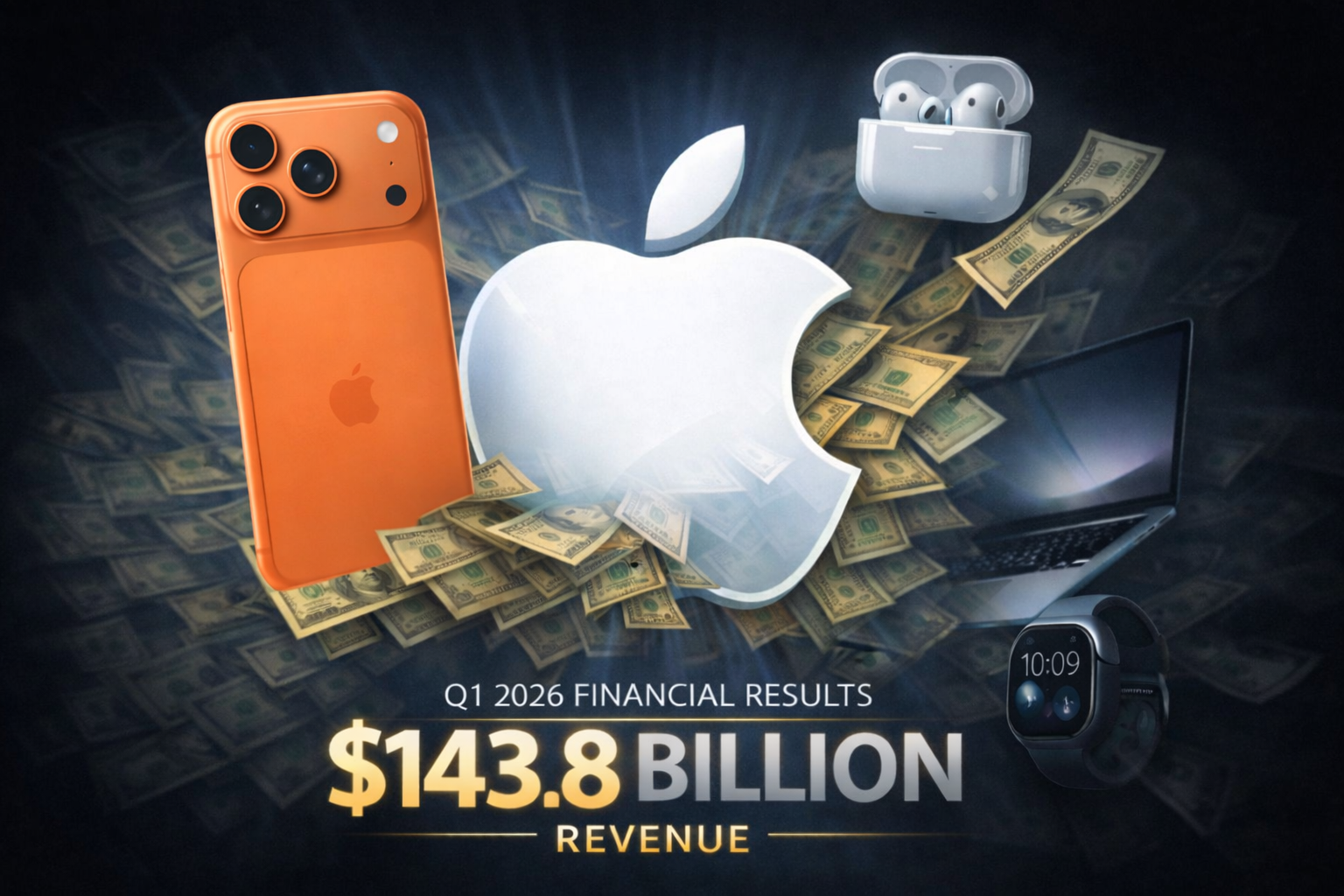Apple is one of the most prominent companies shaping the future with innovative products like the iPhone and Mac. However, its voice assistant, Siri, appears to have faced significant challenges that have prevented the company from achieving its ambitions in the field of artificial intelligence. A new report published by The Information reveals administrative and technical chaos within Apple that negatively impacted Siri's development. In this article, we explore the reasons for this failure, the challenges Apple faced, and what to expect in the future.

It's well known that Siri isn't just a voice assistant; it's an integral part of the Apple user experience. Since its launch in 2011, the goal has been to make interacting with devices easier and more intelligent. Whether you want to send a message, set an alarm, or even check the weather, Siri is supposed to be your trusted partner. But with the emergence of advanced AI technologies like ChatGPT, the gap between Siri and its competitors began to widen, prompting Apple to attempt to reinvent Siri under the "Apple Intelligence" project. However, as the report reveals, things didn't go as planned.
Administrative chaos: conflicting decisions and frequent changes
Hesitation in choosing an AI model
One of the main reasons behind Siri's stumbling blocks was the hesitation in choosing the right technical model. Initially, Apple planned to develop two AI models: a small model running locally on the iPhone, the "Mini Mouse," and a large model running in the cloud, the "Mighty Mouse." However, management later decided to focus on a single large model running in the cloud, and then reversed this decision several times. This confusion frustrated engineers, and even led some to leave the company.

“Laid-back” work culture and lack of motivation
More than half a dozen former AI employees described a work culture described as "laissez-faire," with a lack of incentive to take risks or think outside the box. Internally, the AI team was nicknamed "AImless," meaning "without a goal," while Siri was referred to as a "fireball," being passed around from team to team without tangible improvements. This situation reflected a lack of clear vision, a rarity in a company as well-known for its discipline as Apple.
Internal disputes over salaries and promotions

The problems were not limited to technical decisions; they extended to internal disputes over salaries, promotions, and the longer vacations some AI team members received compared to their colleagues. These disagreements contributed to low morale and deepened chaos within the team.
Technical Challenges: Apple's Lagging in the AI Race
Apple's excessive commitment to privacy

Apple is known for its strict stance on user privacy, which has been a barrier to Siri's development. While competitors like ChatGPT rely on massive internet data, Apple has imposed strict restrictions on the use of third-party models, making its own internal models less effective. In 2023, engineers were prohibited from incorporating other companies' models into final products, even though Apple's models were not as advanced as competitors like OpenAI's technology.
WWDC 2024 Presentation: The Illusion of Achievement
At its Worldwide Developers Conference (WWDC) 2024, Apple showcased impressive Siri features, such as the ability to search emails to track travel data or plan lunch based on messages. However, the report revealed that this demonstration was a "fake," as these features were not actually working on test devices. This departure from Apple's tradition of only showing off ready-made features surprised the Siri team itself.
The troubled "Link" project
Apple initiated a project called "Link" to develop advanced voice commands for Apple Watch, such as controlling apps or browsing the internet using voice. However, most of these features were canceled due to the Siri team's inability to implement them, reflecting the limitations of current technical capabilities.

Internal reactions: anger and frustration
Robbie Walker Meeting: Admitting Failure
In March 2025, Robbie Walker, the executive director of the Siri team, held a meeting with the team in which he acknowledged that the situation was "not good." Walker described the team's feelings of anger and frustration over the postponement of Siri updates, noting that the delay could embarrass the team in front of their colleagues and families. This meeting reflected the extent of the crisis the project was experiencing.
Craig Federighi's anxiety

Craig Federighi, head of software engineering, expressed concerns that Siri's features are not working as advertised. There are internal concerns that fixing Siri may require more powerful AI models, which could strain existing Apple devices or require reducing features on older devices.
Hope for the Future: Can Apple Save Siri?

Recent regulatory changes
In April 2025, Apple restructured the Siri team, transferring oversight to Mike Rockwell after removing the head of AI from the project. This move aimed to accelerate the development of new features and keep pace with the AI race.
Craig Federighi's Directions
Federighi has the confidence of some employees to get Siri back on track. He has given clear instructions to engineers to do everything they can to develop the best AI features, even if it requires using open source models from other companies. This shift could be a bold step to make up for the delays.
iOS 19 and Beyond Plans
Apple is reportedly planning major updates to Siri in iOS 19, including deeper understanding of personal data, cross-app coordination, and awareness of screen content. "LLM Siri," a system integrating advanced AI models, is also expected to launch in 2026.
Lessons from the Siri crisis
The Siri crisis demonstrates that even giant companies like Apple can face significant challenges in the face of rapid AI developments. Management chaos, technical hesitation, and an inefficient work culture have contributed to Siri's falling behind the competition. However, Apple's recent steps, such as restructuring and leadership changes, demonstrate its determination to regain its footing.
Source:



21 comment